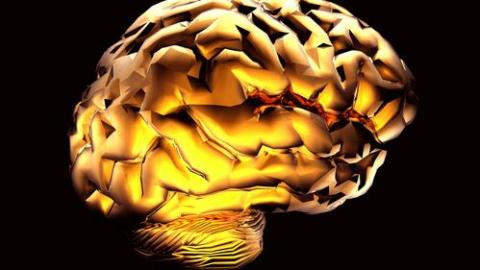When Did Everyone Start Thinking About Money All the Time?

What’s the Latest Development?
How much of what we now consider our daily news was once known more narrowly as financial news? Bloomberg, CNN Money, Fortune, Forbes and even NPR, which has a program called “Planet Money,” encourage us to think that social and individual progress is measured by whether there is more or less money at the end of the day. The omnipresence of financial news is a characteristic of late-capitalism, especially since the financial crisis of 2007 created a wake of distrust, after which the middle class has been forced to become intimately familiar with their money—using bankers’ obfuscating vocabulary, of course.
What’s the Big Idea?
Once an economy begins to rely on consumerism for fuel, the imperative to generate wealth becomes at once larger and more abstract. Or so wrote John Maynard Keynes’ biographer Robert Skidelsky. Co-written with Keynes’ son Edward, the pair argue that our appetite for stuff we don’t need shackles us to “continuous, objectless wealth-creation—something that did not exist in earlier times, and that remains, in some sense, peculiar to capitalism.” Michael Sandel, currently a professor of government at Harvard, has argued that when we define success in monetary terms, it becomes more difficult to function using other lexicons.
Photo credit: Shutterstock.com





